Smart Decisions Coalition
Talent & Leadership Policy Committee | Smart Decisions Coalition
The Talent and Leadership Policy Committee studies ways that Georgia can improve the entire spectrum of education throughout the state. A talented workforce and strong community leaders are among the most important factors in determining how Georgia will grow in the 21st century.
Availability of talent has become the driving force in where companies decide to locate and expand operations. Georgia has world-class institutions within the Technical College System of Georgia and the University System of Georgia ready to produce the next generation of leaders. However, not enough Georgians are entering post-secondary institutions and for those that do, too many are leaving without a degree or certification. If you took a sample of one hundred students entering the ninth grade in Georgia, fewer than forty would ever complete a higher education credential. As the nature of work continues to require skills beyond high school, this statistic must be changed.
The Georgia Chamber Talent & Leadership Policy Committee helped create the framework for the Smart Decisions Coalition, which officially kicked off in December 2018 with funding from the Bill and Melinda Gates Foundation. The Coalition aims to consider out of the box solutions that will enable students of all ages, counselors, parents, and educators to make better decisions about what post-secondary option to pursue, recognizing both the costs and outcomes of different programs offered in Georgia. While students, parents, and educators will always play the primary role in making these decisions, the coalition will also work with policymakers to determine if there are ways the State of Georgia can also make better decisions in leveraging limited resources to improve outcomes.
The Coalition is comprised of state agencies, individual post-secondary institutions, researchers, scholarship funders, and advocates. The coalition will work through August 2019 examining what is working, what could work better, and what hasn’t even been considered when it comes to helping everyone make smarter decisions on higher education policy. The coalition will focus on core areas of affordability, access and logistics, immediate employability and long-term career adaptability. Potential solutions will include policy changes that need to be made, ways to improve available information, ways to align existing resources, and programs that need additional funding. Based on the Coalition’s findings, a list of recommendations will be produced and shared with policymakers and the coalition’s work will then shift into the next phase of outreach and education.
For more information on the Coalition, contact Daniela Perry at dperry@gachamber.com.

